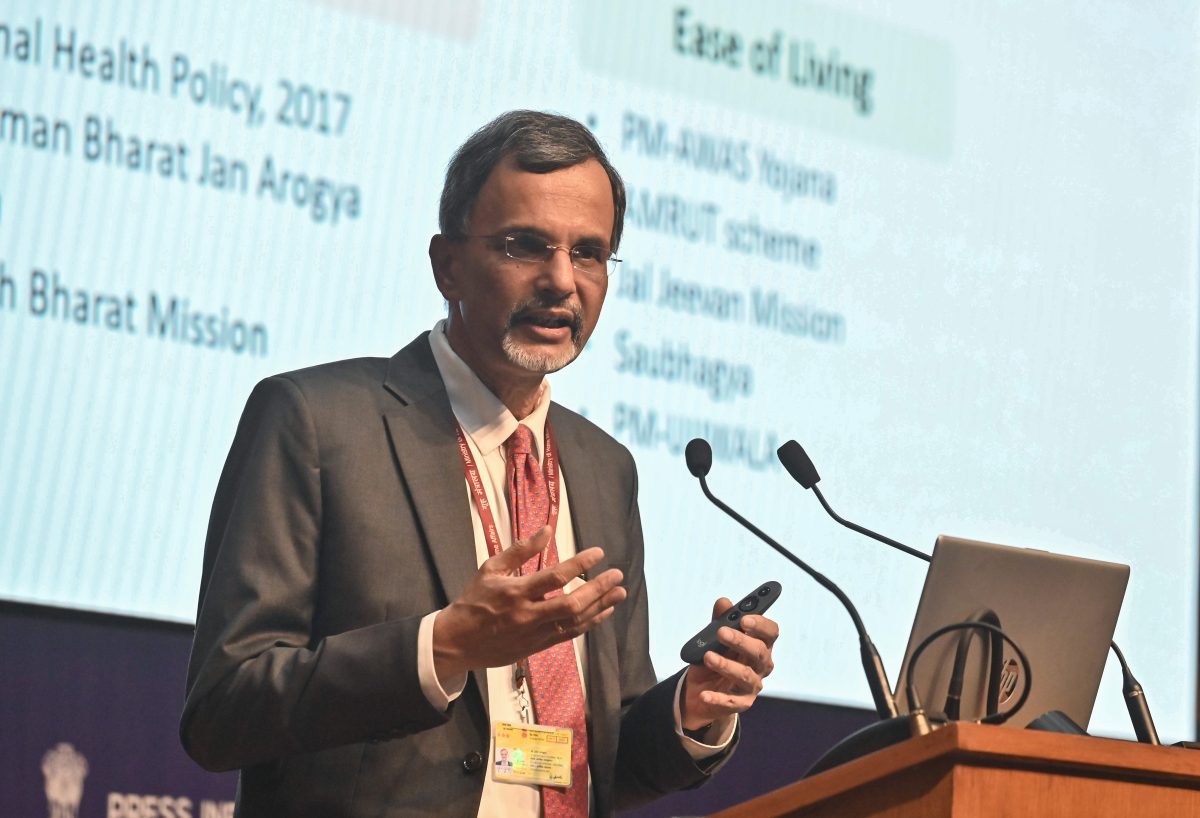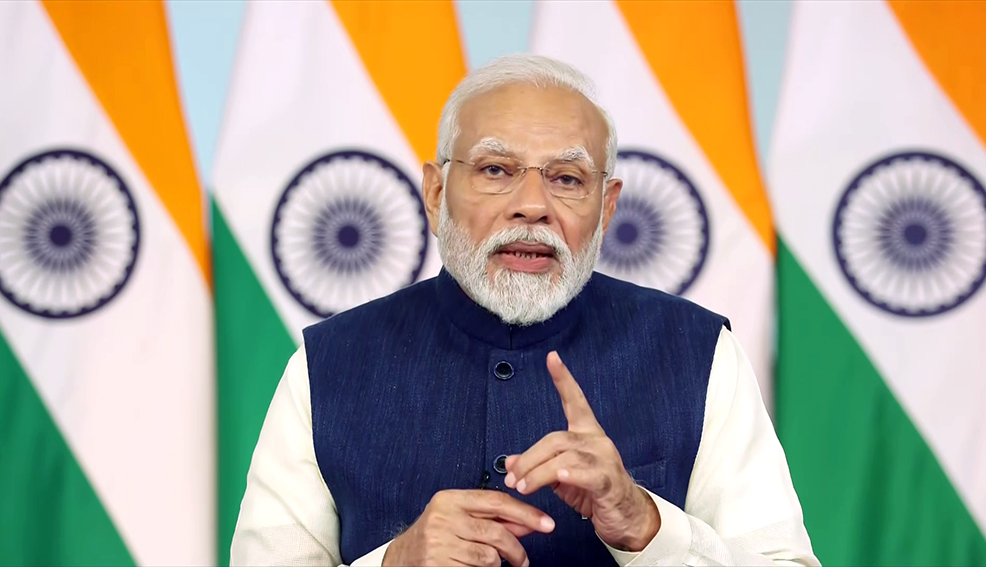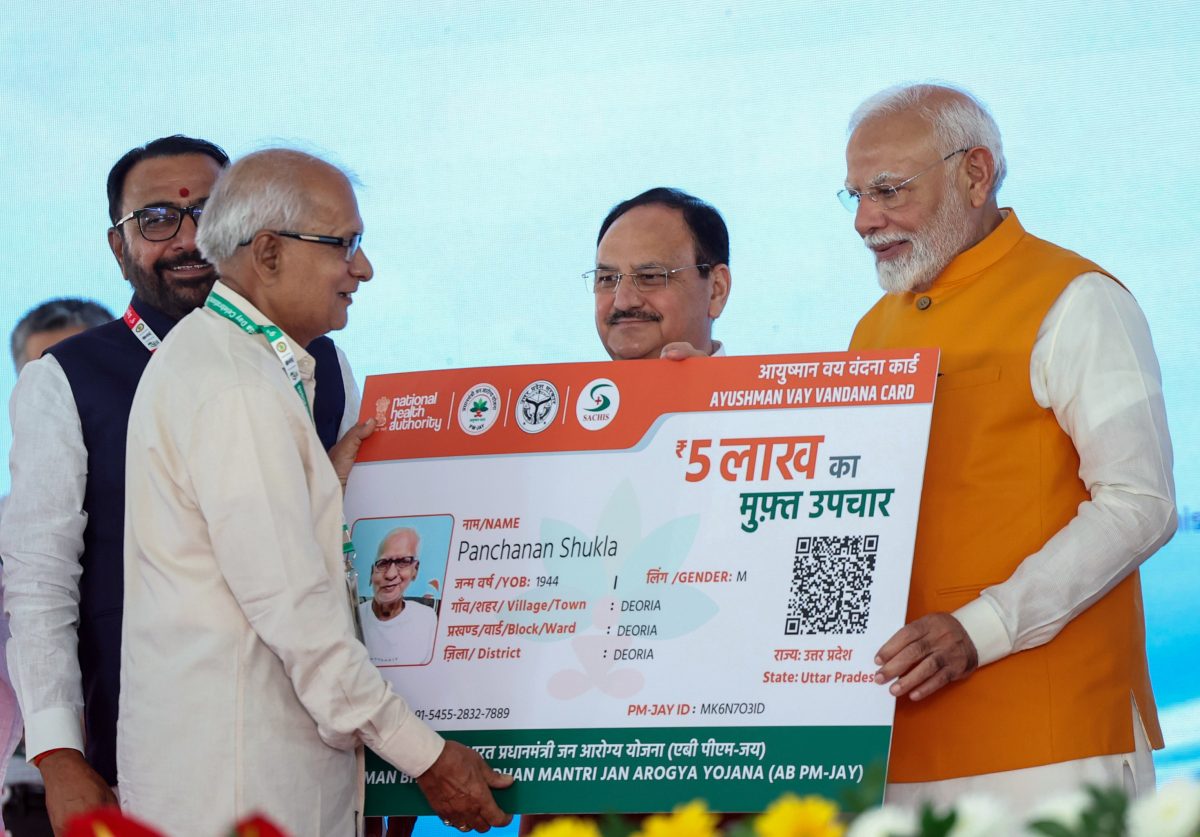India’s Chief Economic Advisor, V Anantha Nageswaran, underscored the importance of maintaining policy autonomy and managing global capital flows effectively to safeguard the country’s economic growth. Speaking at the inaugural session of the Confederation of Indian Industry’s (CII) Financing 3.0 Summit in Mumbai, Nageswaran highlighted the challenges and opportunities that lie ahead for India’s financial sector.
In his address, titled “Is India’s Financial Sector Geared Up to Support Our Country’s Sustained Double-Digit Growth?”, Nageswaran said that while India relies on global capital flows due to its modest current account deficit, the nation boasts some of the brightest economic growth prospects globally. He stressed the need to sustain this momentum and use it strategically to carve out policy space that benefits India’s long-term economic objectives.
“As India looks ahead to 2047 with optimism and hope, this is what we must avoid because the consequences of such financialization are evident in many advanced economies, including unprecedented levels of public and private debt, economic growth increasingly dependent on continued asset price inflation, and a massive surge in inequality,” emphasized Nageswaran.
Nageswaran also expressed concerns about the increasing financialization of the economy, where a high level of market capitalization relative to GDP shifts focus disproportionately towards market expectations and trends. He warned that such a scenario could distort macroeconomic outcomes and lead to detrimental policy decisions, as seen in several advanced economies grappling with high levels of public and private debt, overreliance on asset price inflation, and widening inequality.
State Bank of India (SBI) Chairman C. S. Setty, also speaking at the summit, addressed the declining growth in bank deposits and the implications for credit expansion. He highlighted the necessity of developing the corporate bond market, particularly as bank deposits stagnate. Setty urged non-bank financial institutions, such as insurance companies, mutual funds, and pension funds, to play a more active role in the corporate bond market to channel additional capital.
“We need to continuously innovate in terms of delivering the products. When it comes to the complex models of corporate financing, especially in the new emerging areas like battery storage, hydrogen, etc., they also require capital going forward. While we expect much of the capital to come from overseas to support the domestic capital formation, universal banks, particularly large banks, are expected to play an important role in infrastructure financing,” he added.
Sanjiv Bajaj, Past President of CII and Chairman, echoed these sentiments, calling for enhanced credit availability, broader financial markets, and further development of the corporate bond market. He also stressed the importance of harmonizing regulatory policies to foster innovation while ensuring alignment across the financial sector.
The summit brought together industry leaders to discuss the future of India’s financial sector, focusing on strategies to support sustained economic growth in the coming decades.
(ani)




















